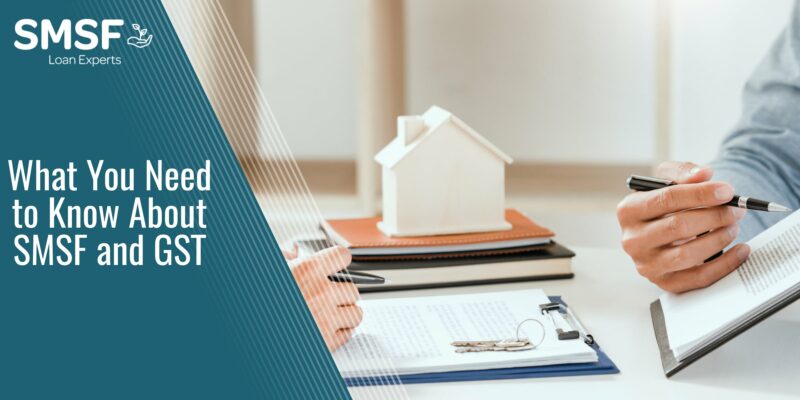Owning a self-managed super fund (SMSF) in Australia means keeping your finger on the pulse across numerous financial, legal and investment landscapes. Before purchasing SMSF property under their fund, many SMSF owners want to understand the implications of their SMSF and GST.
We provide a brief guide to understanding more about goods and services tax (GST) and SMSF ownership below.
Does a self-managed super fund need to be registered for GST?
Just as business entities in Australia are required to register for GST when their total business income is greater than $75,000 pa, so too do self-managed super funds. Generally, most SMSFs will only make input taxed sales (which includes renting or selling residential premises) and therefore don’t exceed $75,000 in GST turnover. However, an SMSF owner may choose to register for GST regardless of their turnover.
How does GST affect purchasing residential property or commercial property under an SMSF?
While most of the income that a self-managed super fund makes is exempt from GST (such as dividends, distributions and interest payments), the rental income from a commercial property is subject to GST and therefore counts towards the fund’s total GST turnover.
Residential property investment
Typically, an SMSF isn’t able to claim GST credits back on residential property purchases and can’t add GST onto the property value. However, if your fund’s investment property is being built, then you can generally claim the GST credits on the residential construction costs.
The income you receive from a residential property is considered an input-tax sale and therefore is not subject to GST.
Purchasing a commercial premises
Commercial properties, on the other hand, do come with GST implications.
- – GST is added to the purchase price of a commercial property if the vendor is registered for GST, however, an SMSF can’t claim the GST unless it is GST-registered itself. Of course, if the vendor isn’t registered for GST, then it doesn’t apply.
- – To purchase a commercial property without GST, SMSFs can consider using the GST going concern exemption.
More information on SMSFs and GST
There are many intricate tax rules surrounding GST and self-managed super funds. The best way to ensure that you understand when you do and don’t need to pay GST, is to engage tax and auditing services that are experienced with self-managed super funds. Not only can they help you to lodge your fund’s tax return, they can also provide direction around your capital gains tax liability (if you sell your property and realise a capital gain), reduced GST credits and provide associated accounting advice.
Purchasing an SMSF investment property
Before you buy property within your self-managed superannuation fund, many considerations must be made, from the retirement objectives of the fund members, the fund’s investment strategy and of course, any taxation implications, including GST.
SMSF borrowing, including an investment property, requires a limited recourse borrowing arrangement (LRBA). To ensure that your fund accesses the best lending structure for its unique needs and meets all of the industry regulatory requirements while retaining the best opportunity to boost your retirement savings, contact SMSF Loan Experts.







